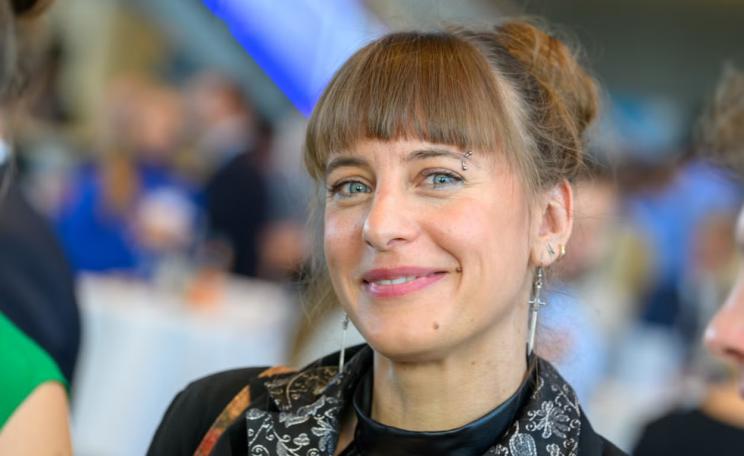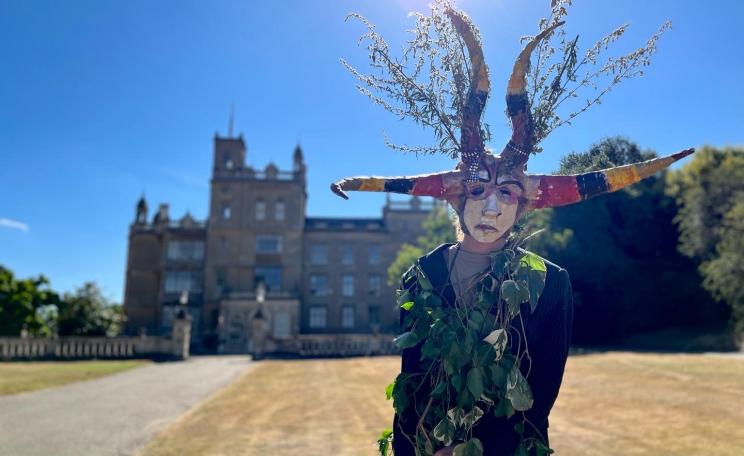What is required is a long-term reorganisation of social relations and social priorities in a way that eliminates the role of the billionaire hoarders and uplift all communities in their wake.
The unfolding of climate breakdown is not an inevitable impact of geophysical and meteorological processes - although it does of course entail unprecedented geophysical effects.
Rather, climate breakdown is harmful precisely because it magnifies existing health, economy, gender, age and other marginalising relations.
To take an example, we might consider the plight of the Caribbean region. Despite being one of the lowest emitting parts of the world, the region is particularly prone to extreme weather events as a result of climate change - and is not being supported to build climate resilient infrastructure for its people.
This series of articles has been published in partnership with Dalia Gebrial and Harpreet Kaur Paul and the Rosa Luxemburg Stiftung in London. It first appeared in a collection titled Perspectives on a Global Green New Deal.
Disasters
In 2017, the unprecedented Hurricane Irma hit the British Virgin Islands (BVI) with devastating force.
However, compare the capacities of common Virgin Islanders to cope when the hurricane hit, versus those of the Islands’ most famous occupant, Sir Richard Branson.
While thousands were forced to seek safety on neighbouring islands, unsure if their houses would remain standing once the storm passed and they returned, Branson hunkered down in his concrete bunker sipping wine.
Meanwhile, thousands of buildings were destroyed, costing billions of dollars, and at least four people lost their lives in the immediate impact - and more dying in the months that followed.
The inequality embedded in peoples’ ability to be protected by climate-related disasters already underway is not inevitable: it is a symptom of a housing system that does not respond to the majority of peoples’ actual needs.
Weather
There is no such thing as a ‘natural’ disaster. Rather, disasters are socially produced by uneven access to resources, and are compounded by inattention to the harms of particular socio-ecological relations.
Imagine, instead, if Branson’s hoarded wealth was put to better use, in the form of a redistributive and reparative process that would have better protected all inhabitants of the BVI?
If distributed reasonably, humanely and fairly, Branson’s wealth would have easily covered the costs of retrofitting the entire building stock of the BVI, and probably a greater part of the wider Caribbean region.
These buildings could be made to withstand the kinds of weather events we are likely to see on an almost annual basis.
Disruption
Moreover, if we turned our attention to other billionaires, like Amazon CEO Jeff Bezos, we could ensure the entire world’s population have access to basic material and social needs, in spite of disruption to supply chains caused by climate breakdown.
What is required is a long-term reorganisation of social relations and social priorities in a way that eliminates the role of the billionaire hoarders and uplift all communities in their wake.
Instead, during our global pandemic, the wealthiest have increased their proportion of wealth. US billionaires alone got $434 billion richer during the beginning of the pandemic.
At the same time, the majority of people look to survive with increased (unpaid) care responsibilities and small handouts in the form of short-term and insufficient rent freezes, limited water and utility bill suspensions or occasional wage contributions.
While necessary, one-off redistribution of wealth would not be sufficient to resolve the ongoing structural processes that cause weather-related disasters.
Energy
What is required is a long-term reorganisation of social relations and social priorities in a way that eliminates the role of the billionaire hoarders and uplift all communities in their wake.
To do this requires liberatory community strength building which will no doubt take many forms, but the seeds of which are visible in many struggles globally.
This has been shown in the case of the community permaculture of farmers of Puerto Rico who are able to feed fellow community members in the wake of Hurricane Maria that struck the same season as Irma and in the experimental models of community building seen in Cooperation Jackson.
A Global Green New Deal that could scale these kinds of programmes offers the promise of a world where everyone has access to energy, health services, education, housing and local/organic food and where communities are also active agents in the decision making that governs their lives.
This Author
Dr Leon Sealey-Huggins is assistant professor at the University Of Warwick and an activist with the Wretched Of The Earth Collective, based in Birmingham, UK.




